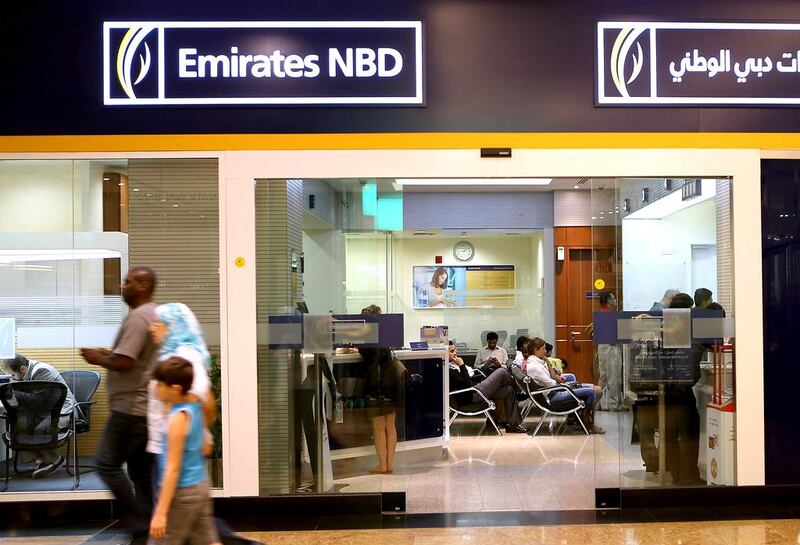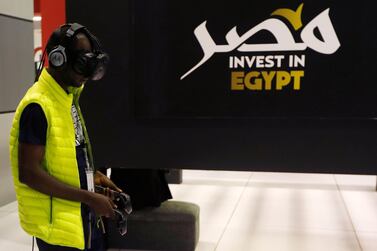Egypt’s non-oil private sector economy expanded at the fastest rate since August 2015 in April, driven by a rise in new orders, employment and purchasing levels, according to the latest economy tracker by Dubai lender Emirates NBD.
The seasonally adjusted Emirates NBD Egypt Purchasing Managers' Index – a composite indicator designed to give an overall overview of operating conditions in the non-oil private sector economy – rose to 50.8 in April from 49.9 in March, signalling the first improvement in overall business conditions since August 2018.
The reading was also the highest observed in more than three and a half years, as business output grew for the first time in 17 months on the back of stronger demand and greater market movement, the tracker showed.
"This was the first time since August last year that the index has breached the neutral 50 level, which delineates contraction and expansion; the private sector has struggled to expand as it has borne the brunt of the ongoing economic reform efforts in Egypt, which began in late 2016," said Daniel Richards, Mena Economist at Emirates NBD.
Egypt, North Africa’s largest economy, sustained major setbacks due to political turmoil in recent years. However, the country has turned a page with President Abdel Fattah El Sisi ushering in political stability and an economic reform programme backed by a $12 billion loan from the International Monetary Fund since late 2016. In the past two years, Egypt introduced at least 10 pieces of legislation intended to expand the private sector and boost economic growth.
Last month, output growth was positive for the first time in 18 months as companies noted stronger demand, Mr Richards said on Sunday. Egyptian companies responded to favourable domestic demand by lifting input buying, and employment levels grew for the first time in eight months.
However, the rise in new orders was largely driven by domestic demand, as foreign sales continued to decline in April albeit at a softer rate, the tracker showed. New export orders remained in negative territory, and companies appeared to be shoring up domestic demand by price discounting – output prices dipped below 50, the third time this year that they have declined.
“With input prices increasing at a faster rate than seen in March, firms’ margins will be squeezed by ongoing price discounting,” Mr Richards said.
Still, Egyptian companies were more positive in April than in previous months, due to the improving picture for the private sector, and output expectations were the second strongest in 12 months. Many companies cited growing tourism and export markets as the key reasons underpinning optimism, according to the tracker.







